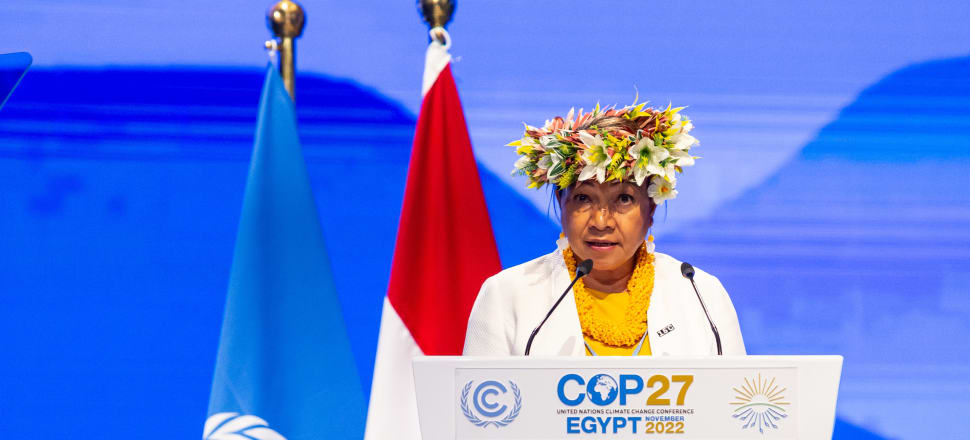
To quote Greta Thunberg, 'the house is on fire'. In the wake of the COP27 global climate summit, Ben Tombs asks if the 200 countries agreed on anything, or if it was all just more hot air.
Climate change response typically has two prongs: ‘Mitigation’ and ‘Adaptation’.
Mitigation is minimising the overall amount of warming to be dealt with. In a nutshell, quit pumping greenhouse gases into the air.
This is not a difficult concept to understand in theory, but unfortunately it is more complex in practice because it requires broad agreement, buy-in, and coordination across the global community. The COP27’s outcomes in mitigation were middle-of-the-road at best.
The awareness of big players as disproportionate emitters was again brought to the fore. There was further re-affirming of the mitigation objectives. Australia’s feet got held to the fire... No surprises there.
Now for Adaptation. And progress?
After mitigation, the adaptation step is to assess and prepare for impact already locked in. Regarding our situation of locked-in damage, it’s not good news. Lives and property are exposed to increasingly frequent and intense climate related hazards like fires, floods, heatwaves and drought.
Food systems and critical infrastructure are already stressed, and we’re just barely getting started. Failing massive mitigation and a revolutionarily dig-deep mentality towards adaptation investment, the human and economic cost of the next several decades is brain numbing.
But at this COP we may have stumbled upon an agreement on something groundbreaking.
The parties have reached consensus on a novel fund for climate change-induced damage and loss. Recognising that climate-related damages are already causing mayhem around the world, and set to get worse, is a milestone for adaptation.
It shows the global community is finally facing the enormity of the situation, and is (hopefully) not about to sell the little guy down the river.
Many nations that pushed hard for this fund stand to lose big because of climate change, despite having made little contribution to carbon emissions. Funding damage and loss within climate adaptation is a pragmatic course of action that will help people recover from climate disasters.
There’s also an element of tangible restorative justice to the whole idea, it’s a remarkable breakthrough to be honest. The whole process shows how COPs can move desperately slowly but can then make a burst of progress.
Of course, the detail will be important. Which for the damage and loss fund have not yet been finalised. The role of big corporate emitters, as well as large nations (like the USA and China) in helping bankroll the scheme will be a key issue. It will be hard.
In fact, we’re barely a week in and there have been political speed bumps already. In a laudable opening move, Aotearoa New Zealand pledged $20 million towards the fund, positioning as global climate leaders and pretty solid neighbours to our Pacific family.
Then came a wobble as an 11th-hour intervention by Aotearoa New Zealand cast doubt about whether the urgency is actually there to get the fund facility up and running. This rocky progress of climate politics will likely continue as specifics of the fund emerge piecemeal for us to scrutinise; and scrutinise we will.
Where does this leave us as a global community? Well, we’ve managed to generally agree it is good to help vulnerable people who are suffering primarily due to the behaviour of an irresponsible and disproportionately damaging few.
All the while noting with serious concern that time is not on our side. I think that’s a win at a symbolic and practical level; even if it only marks the beginning of a long process with lots more discussion ahead. The Pacific island nations have been an intrepid vanguard on this issue and we’re all better off for their hard work.
In the meantime, Aotearoa can reflect on our role to effectively implement mitigation and adaptation in the face of the grim climate prognosis. Pacific island nations are on the front lines of damage and loss, but we are not far behind them in terms of our own vulnerabilities and exposures.
We should, by rallying hard to assess this risk and exposure, fund, and deploy assistance both here and abroad.
The house is on fire. The house is on fire.







